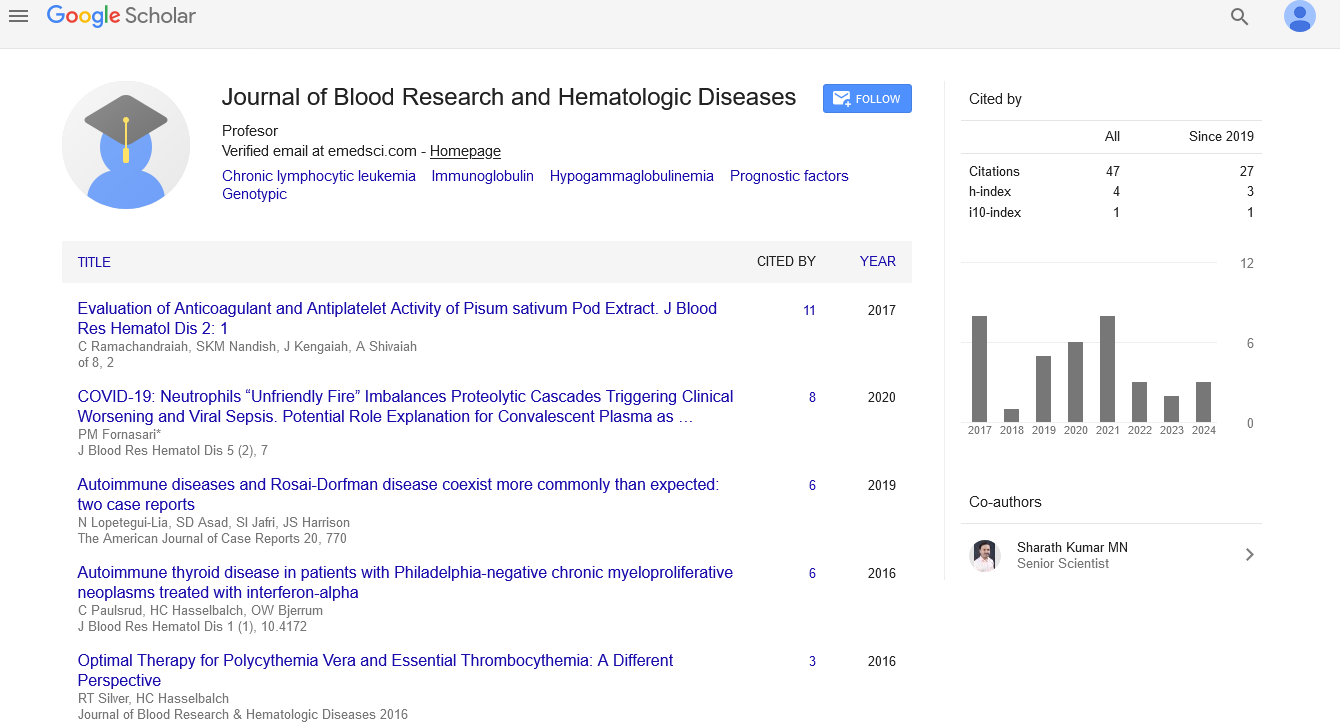Short Communication, Jbrhd Vol: 6 Issue: 6
A Robust Cellular Platform for Studying Of Epithelial Mesenchymal Transition Created by Gene Editing
Michal Kielbus Medical University of Lublin, Poland
Abstract
Epithelial-mesenchymal transition (EMT) and, its inverse process, mesenchymal-epithelial transition (MET), are physiological processes that also play important roles in disease. Mounting evidence correlates EMT with the poor outcome of multiple neoplasias, as well as metastasis and drug resistance. Thus, the molecular mechanisms that regulate EMT are an important area of cancer research and drug targeting. In order to study EMT, different exogenous reporter systems that can signal phenotypical changes are commonly used. Nonetheless, the use of exogenous reporters that are unable to describe molecular events, including the interference of alternative promoters, regulatory elements or epigenetic mechanisms that modulate promoter activation, making some data unreliable.
Epithelial-mesenchymal transition (EMT) and, its inverse process, mesenchymal-epithelial transition (MET), are physiological processes that also play important roles in disease. Mounting evidence correlates EMT with the poor outcome of multiple neoplasias, as well as metastasis and drug resistance. Thus, the molecular mechanisms that regulate EMT are an important area of cancer research and drug targeting. In order to study EMT, different exogenous reporter systems that can signal phenotypical changes are commonly used. Nonetheless, the use of exogenous reporters that are unable to describe molecular events, including the interference of alternative promoters, regulatory elements or epigenetic mechanisms that modulate promoter activation, making some data unreliable
